
Health & Medicine
Attracting (and keeping) Australia’s rural health workers
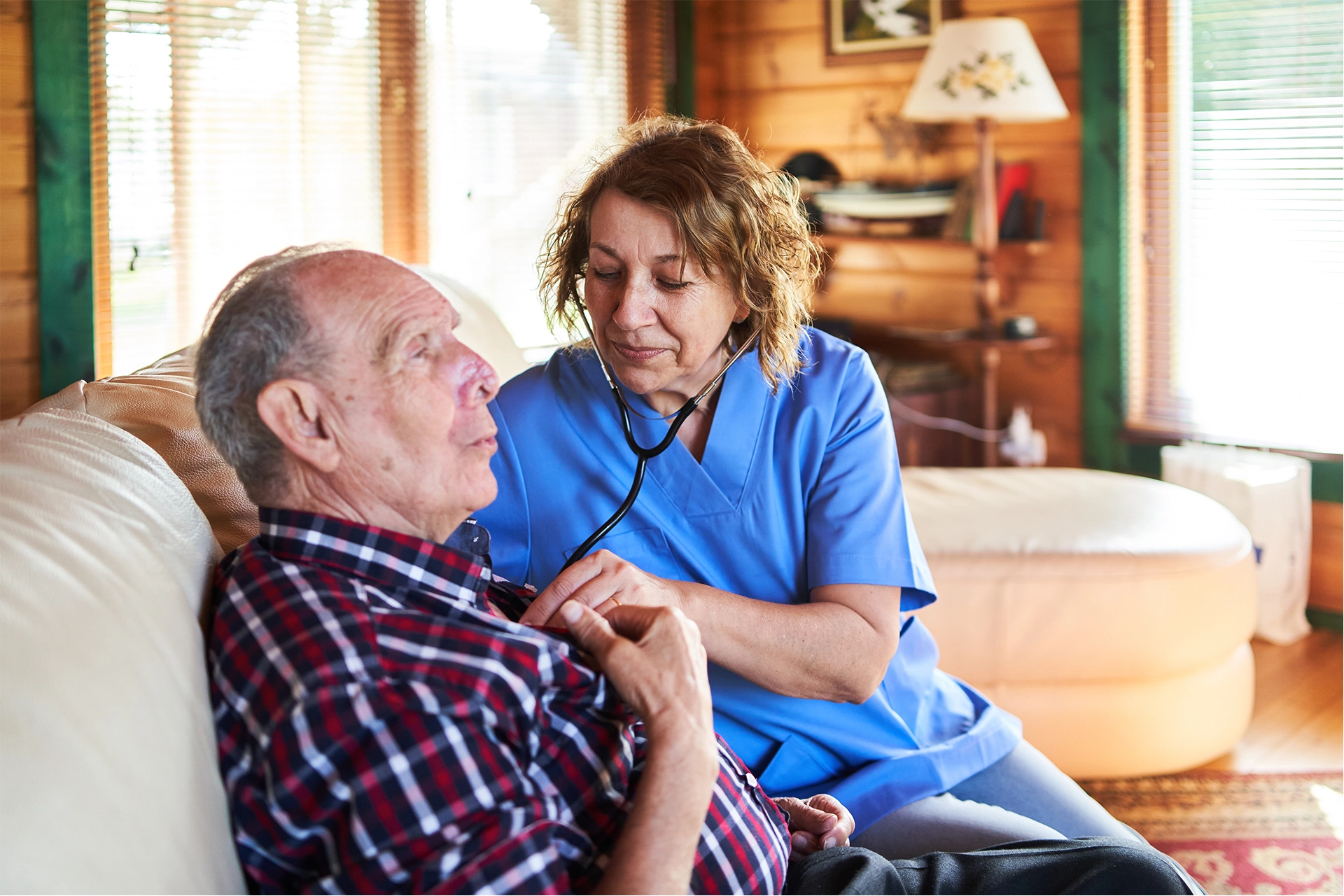
Supporting mature-aged students in rural communities is key to securing Australia’s regional health workforce
Published 7 January 2025
We have known for some time now that people living in rural areas experience poorer health than their metropolitan counterparts, largely due to uneven distribution of the health workforce and inequitable access to healthcare.
So to improve the health of rural people, we need to change this, and soon.
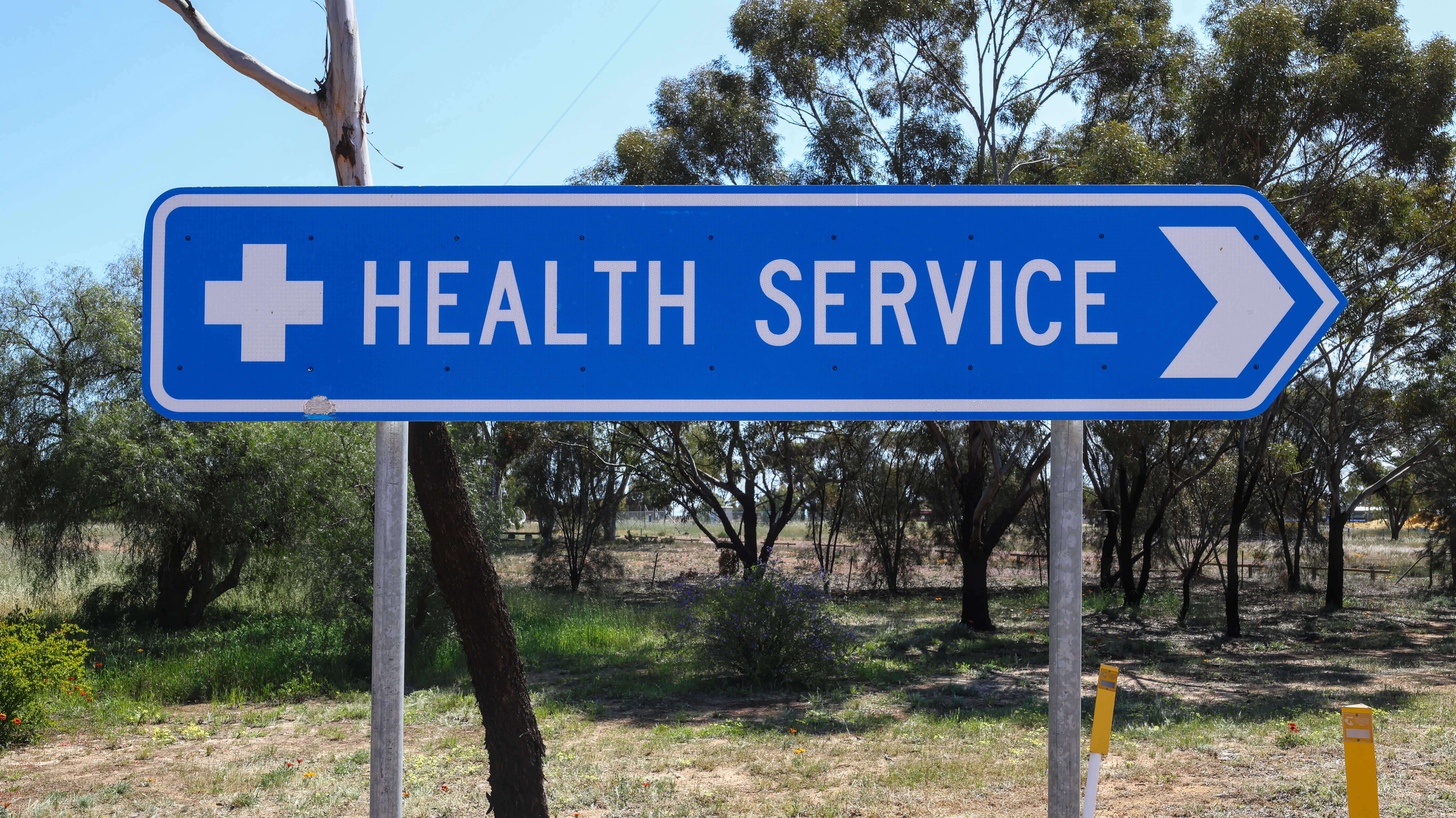
Health professionals, educators, researchers and policymakers have been working for decades to attract and retain healthcare professionals in rural, regional and remote areas.
The current higher education reforms, outlined in the Australian Universities Accord Final Report, aim to develop rural workforces, including the rural health workforce, by making tertiary education more accessible and equitable.
The report stresses the importance of lifelong learning (choosing study to upskill or reskill beyond the school-leaving age), as well as lifting higher education participation rates among people living in regional, rural and remote communities.
The proportion of mature-aged higher education students (aged 21 or older on commencement of their course) increases with rurality, making rural mature-aged people an important cohort to consider if we’re going to develop the rural health workforce.
Mature-aged people living in rural areas may also have a sense of belonging and attachment to their community – this is considered helpful for retaining health professionals in rural areas.

Health & Medicine
Attracting (and keeping) Australia’s rural health workers
Our research program seeks to understand the capacity of mature-aged people living in regional, rural and remote communities to join the health workforce and to identify and create structural changes to support their participation and success in university health courses.
Structural changes can include de-centralising university health course offerings, forming strategic and local collaborations to support mature-aged students in rural contexts, and ensuring these students are well supported on rural campuses.
Our case study, published in BMC Medical Education, involved 36 people (students, academics, professional staff and placement supervisors) across three rural Victorian university campuses.
We used interviews, focus groups and surveys to explore current and potential study supports for rural mature-aged nursing and allied health students which could help them successfully complete their studies and join the rural health workforce.
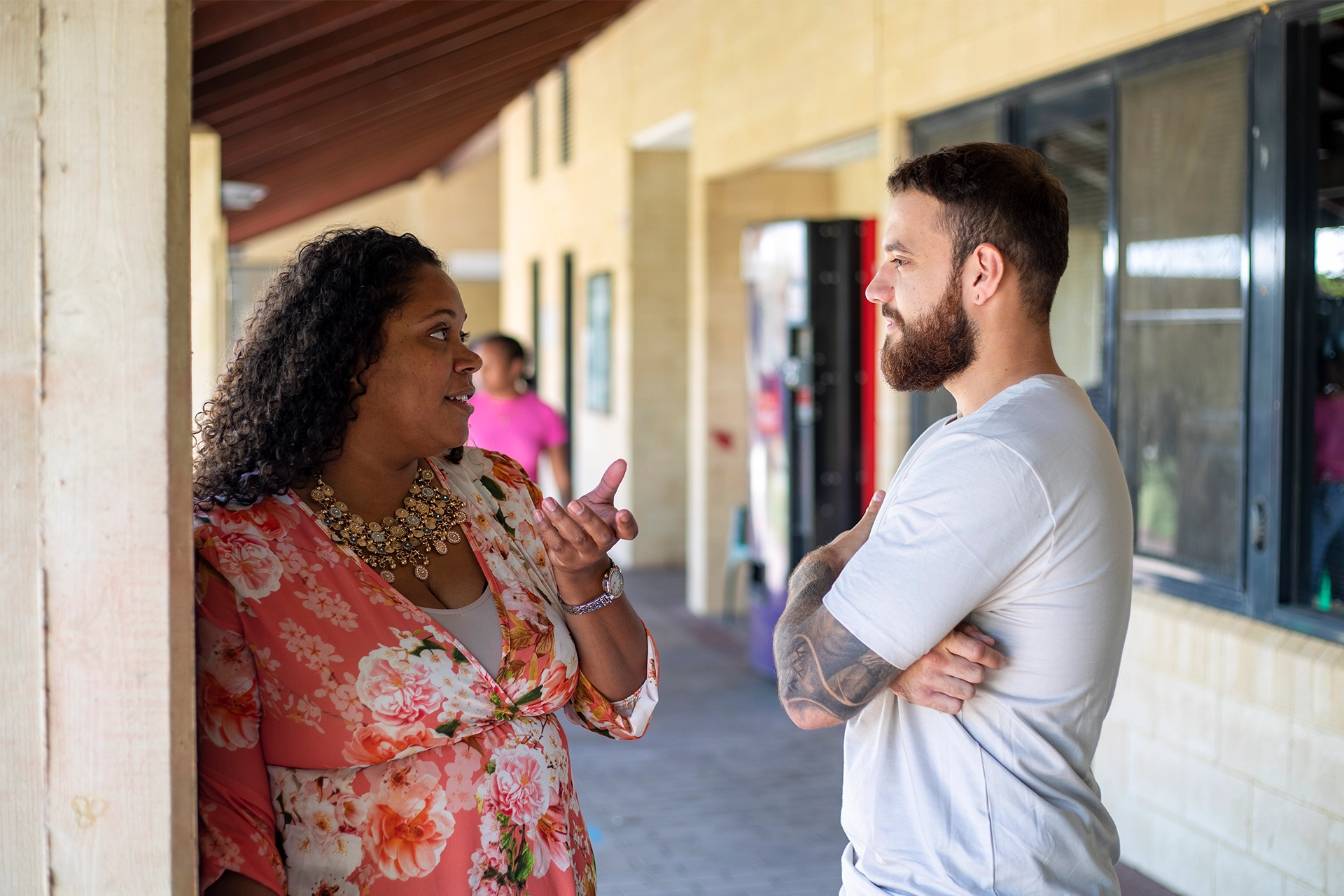
The study found that mature-aged students made up over 50 per cent of those studying nursing and allied health. That’s a significant chunk of students who will likely form the rural health workforce of tomorrow in these communities.
No formal study supports were identified for mature-aged nursing and allied health students across three rural campuses.
The findings of our study resonate with the experiences of other rural mature-aged nursing and allied health students.
Mrs Armstrong is studying a Bachelor of Nursing. She’s from Shepparton and says her study experience as a mature age student is challenging.
“Balancing studies with family responsibilities and working can be at times overwhelming. The lack of flexibility in placements makes it difficult to balance academic requirements and personal life.”

Health & Medicine
Keeping rural Australians out of hospital
The lack of formal study support for this cohort is concerning because our scoping review, published in The Australian Journal of Rural Health in 2021, found mature-aged students studying nursing and allied health experience a complex combination of non-university commitments (e.g. caring responsibilities, parenting, managing household duties, career commitments and financial pressures).
These non-university commitments mean that rural mature-aged nursing and allied health students are likely to need particular study supports, although our research suggests they may not receive them.
Despite requesting a local placement, Mrs Armstrong explains how there was no consideration given to students who are also mothers.
“The demands of nursing studies combined with the responsibilities of raising children with a lack of support leads to additional stress.”
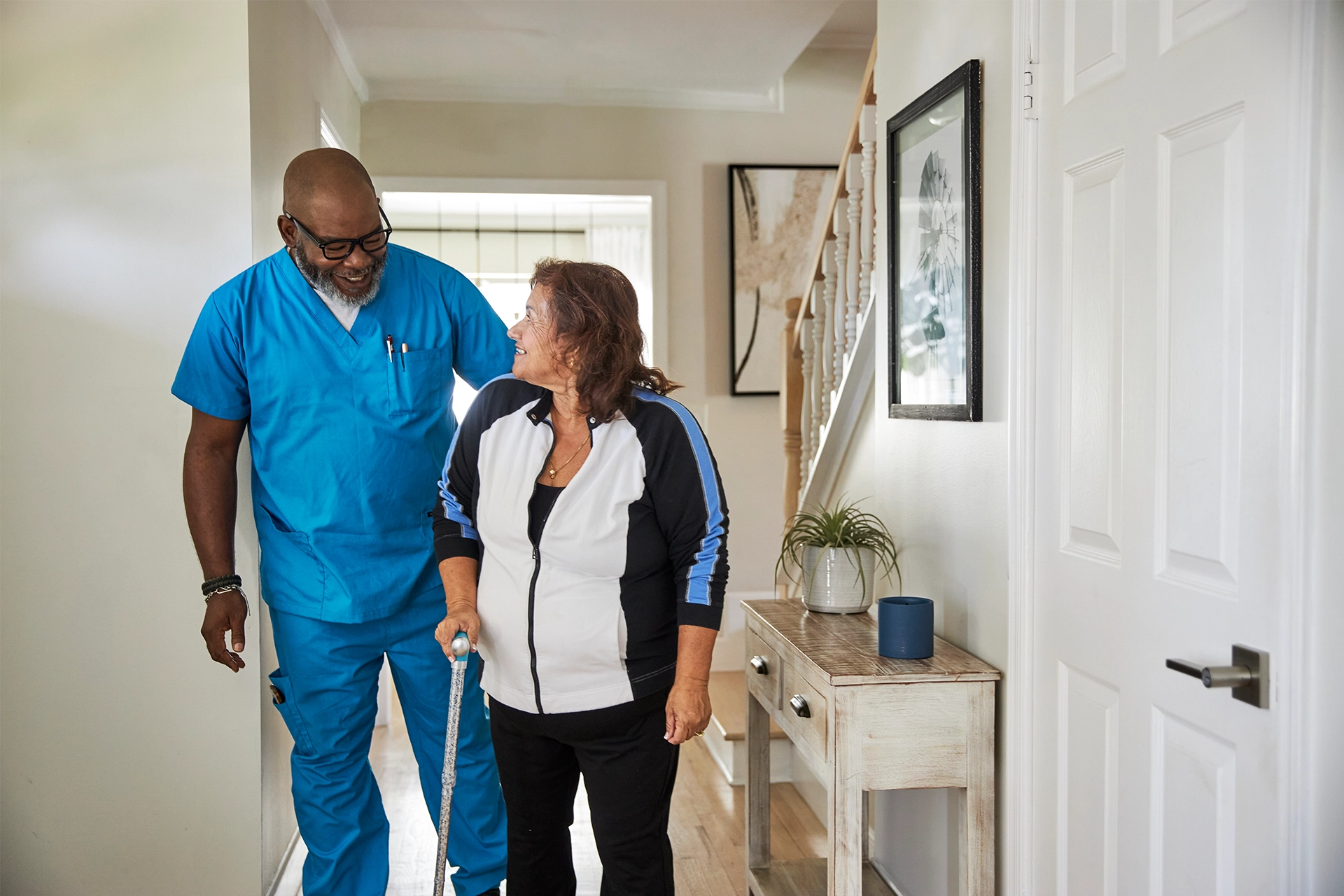
Some supports are provided, like online assistance, but these are not considered helpful for many rural mature-aged students.
“The constant redirection to online services leads to delays and further stress when trying to navigate the return to study as a mature-aged student,” Mrs Armstrong says.
People also reported that many study supports were informal and were based on staff knowledge of student needs.
This informal approach to supporting mature-aged students emphasises the relational strengths of rural university campuses, but it means rural staff are not recognised for their efforts to support students beyond what might be required of staff on metropolitan campuses.
It also means some rural mature-aged students might miss out on the support they need if they don’t flag these needs with staff.

Health & Medicine
Bringing clinical trials to regional patients
Our study shows that the development of supports for this cohort needs to be contextually appropriate: study supports needed by mature-aged students on one rural campus may differ from another, because each rural community is different.
For example, some campuses may be positioned in a community where there are local scholarship opportunities for mature-aged students, but these opportunities may not be available in other rural communities.
Despite the challenges, one of the positives Mrs Armstrong described was the connections she made with other mature-aged students who shared similar experiences, as well as the support received from her teachers.
“I have been fortunate to have lecturers who are very engaging and experienced which has been very helpful in remaining motivated and excited in my learning,” she said.
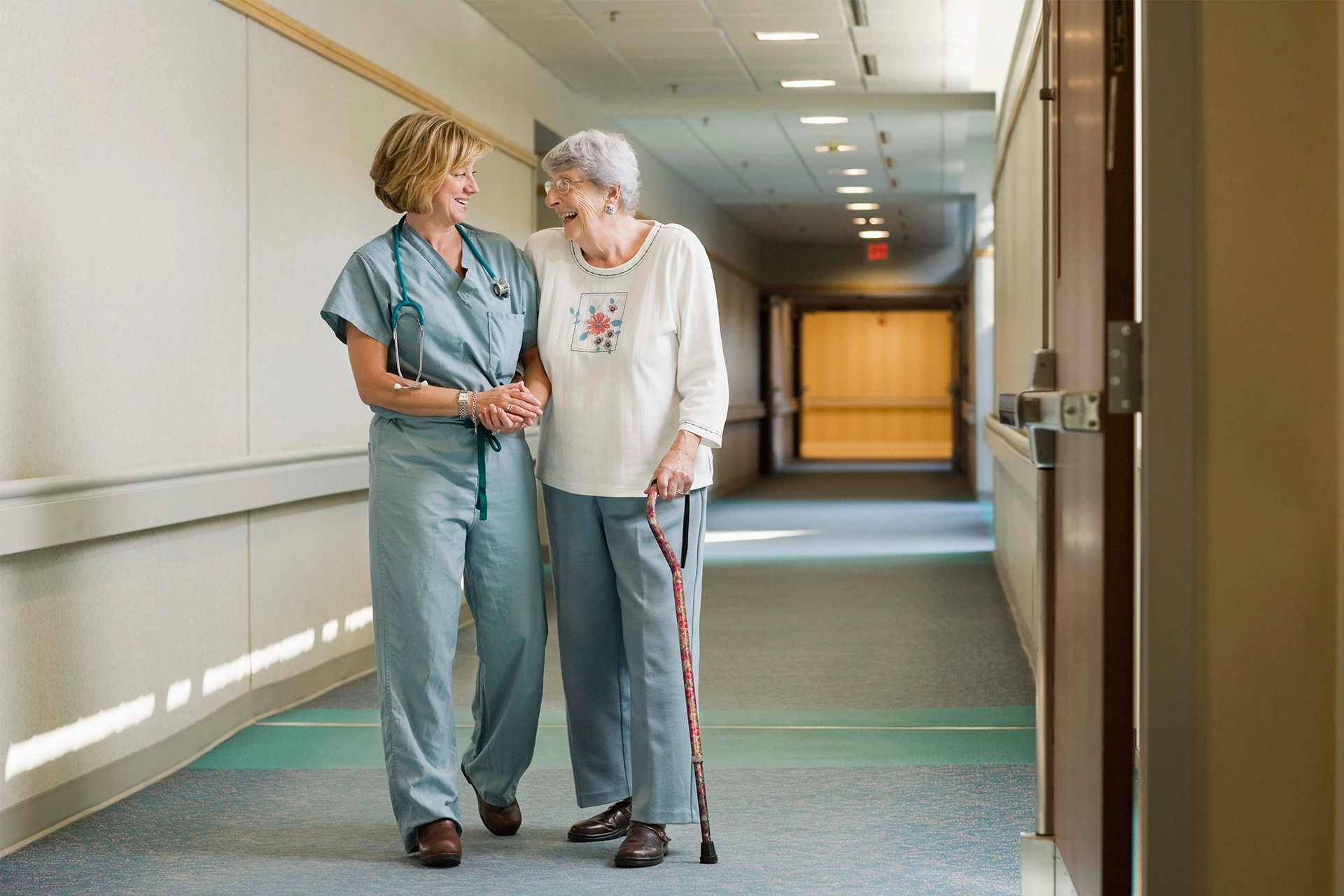
The experience of Mrs Armstrong and many others like her show just how important it is for universities to provide the right support for rural mature-aged students and for this support to be tailored to different rural contexts.
With a greater focus on creating structural changes in higher education to support cohorts like rural mature-aged students, we can make real progress in securing Australia's health workforce in regional, rural and remote communities.